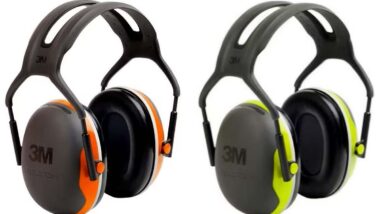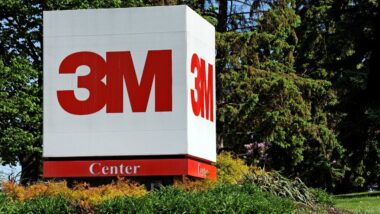Top Class Actions’s website and social media posts use affiliate links. If you make a purchase using such links, we may receive a commission, but it will not result in any additional charges to you. Please review our Affiliate Link Disclosure for more information.
Amazon may have used independent seller data to develop competing products, according to interviews with former employees.
Amazon has a private label business which puts out Amazon-brand products available for sale on the online platform.
Although the company has said it does not use information from third-party sellers when developing its own products, recent interviews with Amazon employees suggests that this is untrue.
The Wall Street Journal interviewed more than 20 former Amazon employees who worked at the retailer’s private label business and reviewed documents which revealed that proprietary information from sellers may have been used when developing products.
The proprietary third-party seller data was allegedly used to price items, determine product features, and even decide whether a product category was profitable enough to enter.
Although competing with other businesses is a natural part of retail, most companies work with significantly less data than Amazon when developing competitive products.
According to the employees, pulling competitor data was “standard operating procedure” when developing new products, especially when making electronics, suitcases or sporting goods.
Employees told the WSJ about one instance where documents and data relating to a car truck organizer from Fortem, a third-party seller, were accessed during product development.
The documents allegedly showed that the Brooklyn-based businesses owned by two 29-year-old entrepreneurs account for 99.95 percent of the truck organizer sales on Amazon for a period of 12 months.
With more than 33,000 units sold, the business reportedly made more than $800,000. For each unit, Amazon allegedly made $4.
Using these numbers, product developers would reportedly “work backwards” in terms of pricing in order to develop a profitable product. In fact, after accessing Fortem data, Amazon’s private label business reportedly rolled out their own versions of the product.
“We knew we shouldn’t,” a former Amazon employee told the Wall Street Journal. “But at the same time, we are making Amazon branded products, and we want them to sell.”
In another instance, sales data was allegedly pulled in relation to Upper Echelon Products’ office chair seat cushions. When developing a private label version of the seat cushion, an Amazon employee claims to have pulled a year of data on the product. The data was reportedly pulled at the beginning of last year, with an AmazonBasics version launched in September.
“It’s not a comfortable feeling knowing that they have people internally specifically looking at us to compete with us,” Upper Echelon CEO Travis Killian told the WSJ.

In July, attorneys for Amazon reportedly told Congress that the company does not “use individual seller data directly to compete” with third-party sellers on their platform.
Instead, the company allegedly relies on consumer shopping behavior, trends and manufacturer suggestions when developing private label products.
Amazon told the WSJ that employees would be violating their policies by using seller data to make private label decisions. As such, the company has reportedly launched an internal investigation into this issue.
“Like other retailers, we look at sales and store data to provide our customers with the best possible experience,” Amazon said in a written statement to the Wall Street Journal.
“However, we strictly prohibit our employees from using nonpublic, seller-specific data to determine which private label products to launch.”
In traditional retail, companies such as Target or Walmart would place purchases for various inventory which it would subsequently own. This allows retailers to set their own prices and apply various discounts which affect their profits.
Although traditional retailers will often develop their own private label products to compete with brand names, these products may only compete in a category such as paper towels, soap or other household goods.
With a marketplace like Amazon, there is more virtual “shelf space” available for third-party sellers to list their items online. In fact, 58 percent of Amazon’s sales reportedly come from third-party sales.
However, Amazon has reportedly funneled more effort into their private label sales, which started in 2007 with its Kindle products. SunTrust Robinson Humphrey, an investment firm, estimates that Amazon’s private label sales could reach $31 billion by 2022. This would be nearly double what high-end retailer Nordstrom Inc. made in 2019.
Amazon has been repeatedly investigated for abusing its status as both a seller and a marketplace operator. Last year, the European Union hit the company with allegations of antitrust involvement.
American authorities such as the Justice Department, Federal Trade Commission, and Congress have reportedly made similar inquiries into Amazon and other large companies.
Read More Class Action Lawsuit & Settlement News:
Coronavirus Failure to Refund Class Action Lawsuit Investigation
Is it Possible to Get Your Paycheck Early?
ATTORNEY ADVERTISING
Top Class Actions is a Proud Member of the American Bar Association
LEGAL INFORMATION IS NOT LEGAL ADVICE
Top Class Actions Legal Statement
©2008 – 2024 Top Class Actions® LLC
Various Trademarks held by their respective owners
This website is not intended for viewing or usage by European Union citizens.
















26 thoughts onAmazon Used Unfair Data Collecting Methods to Create Products, WSJ Reports
Please add me
Please add my name. Thanks
Add me in, nothing is truthful any more.
Please add me
Add me
Add me